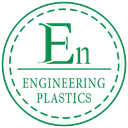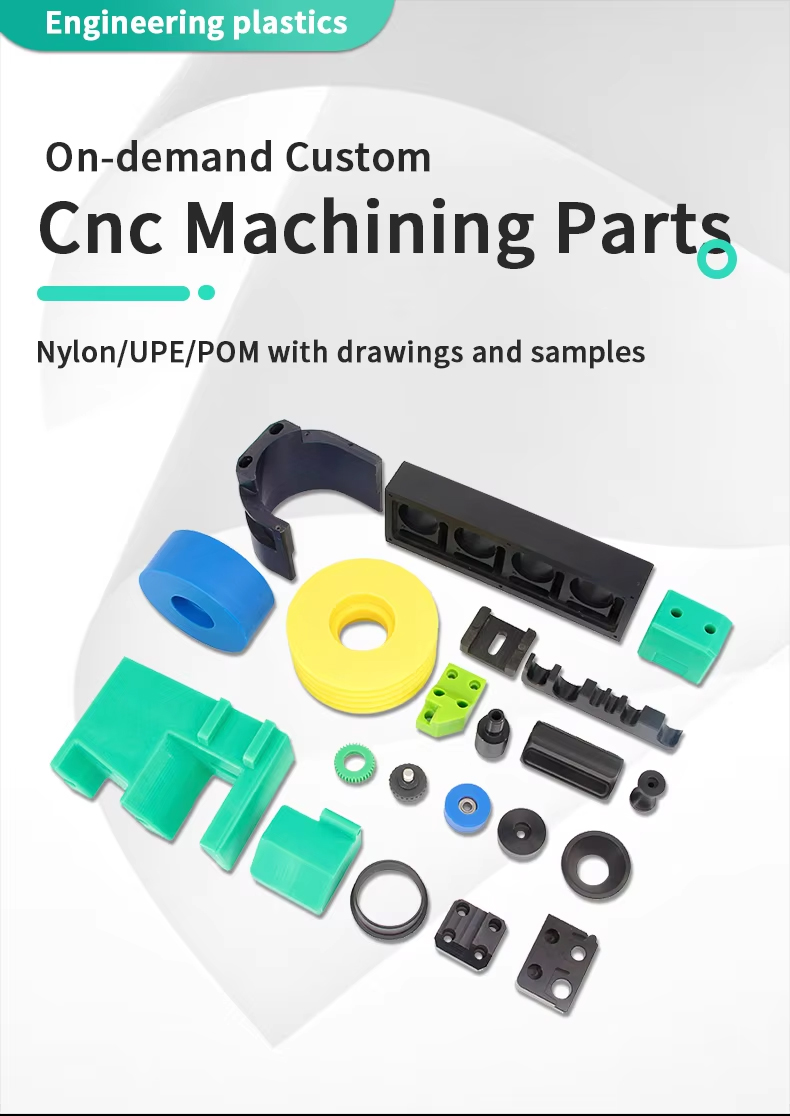
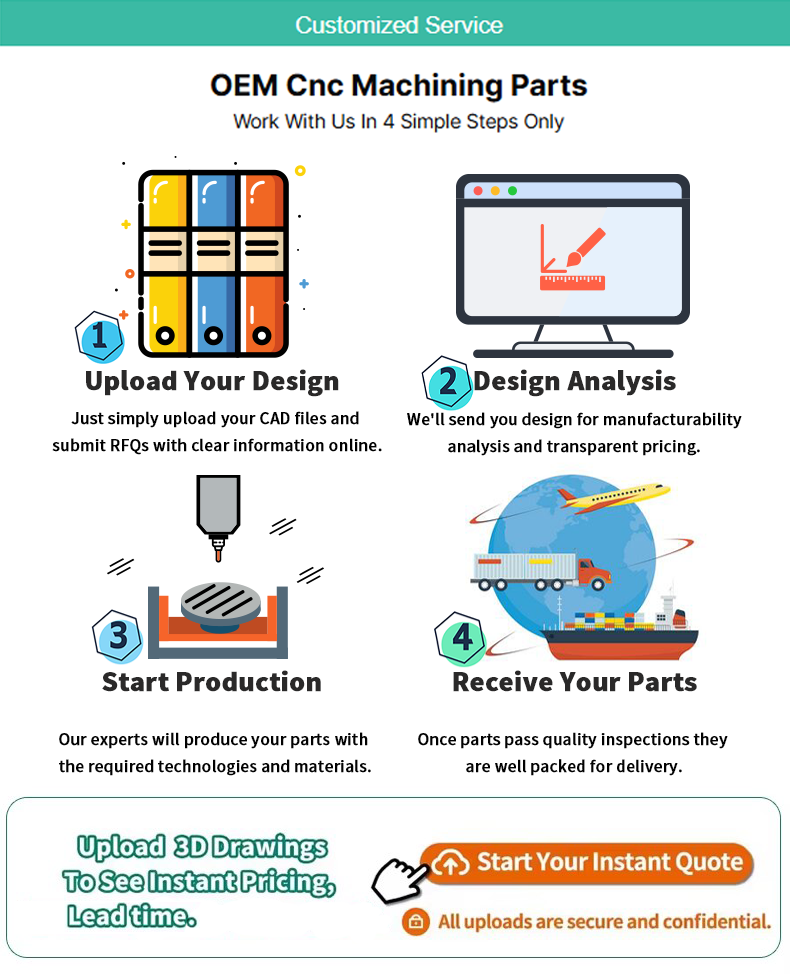
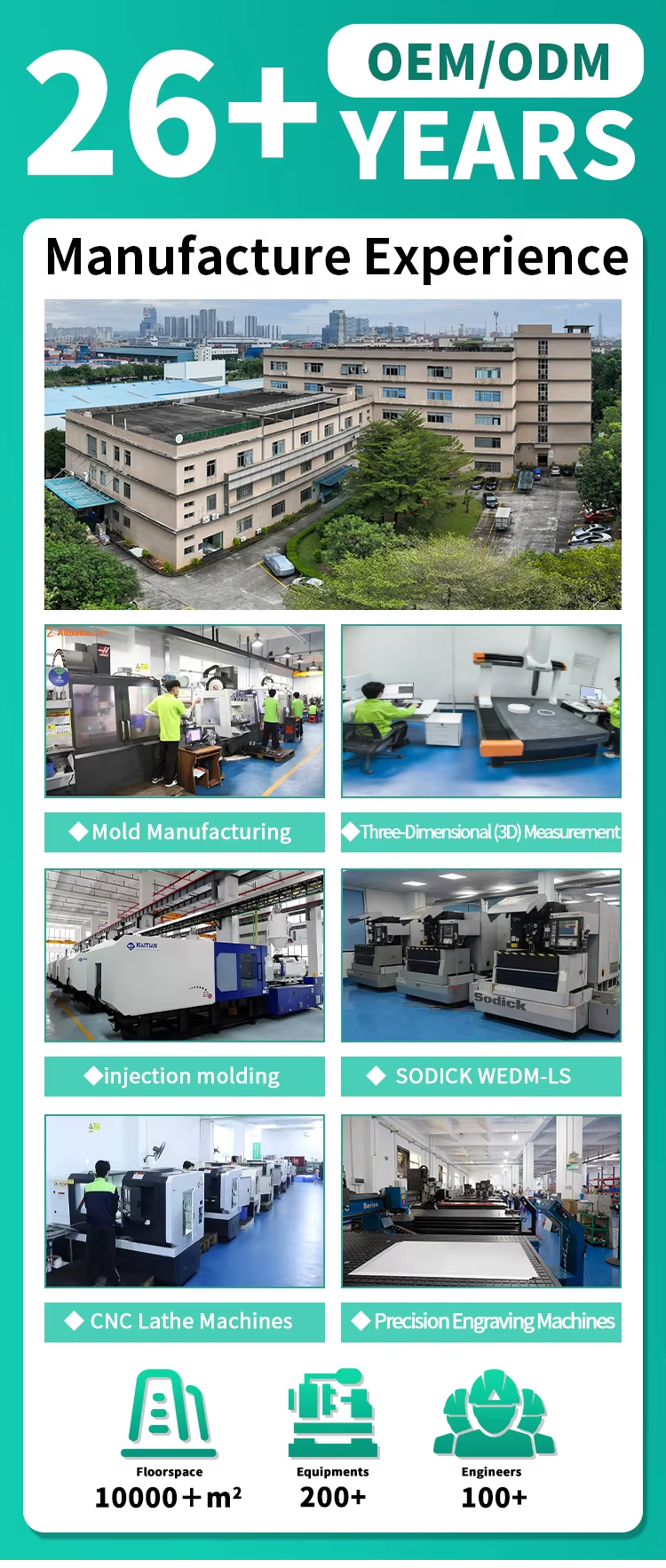
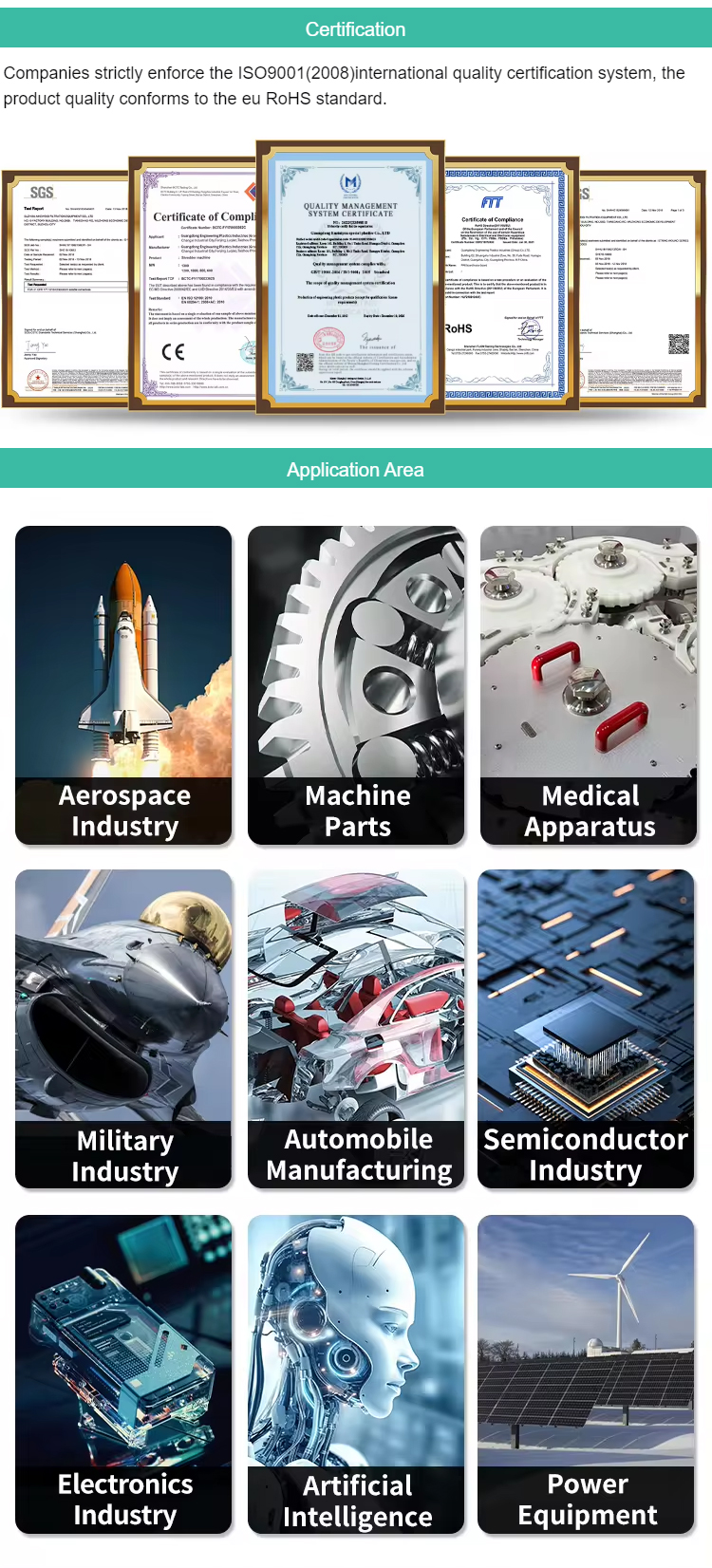
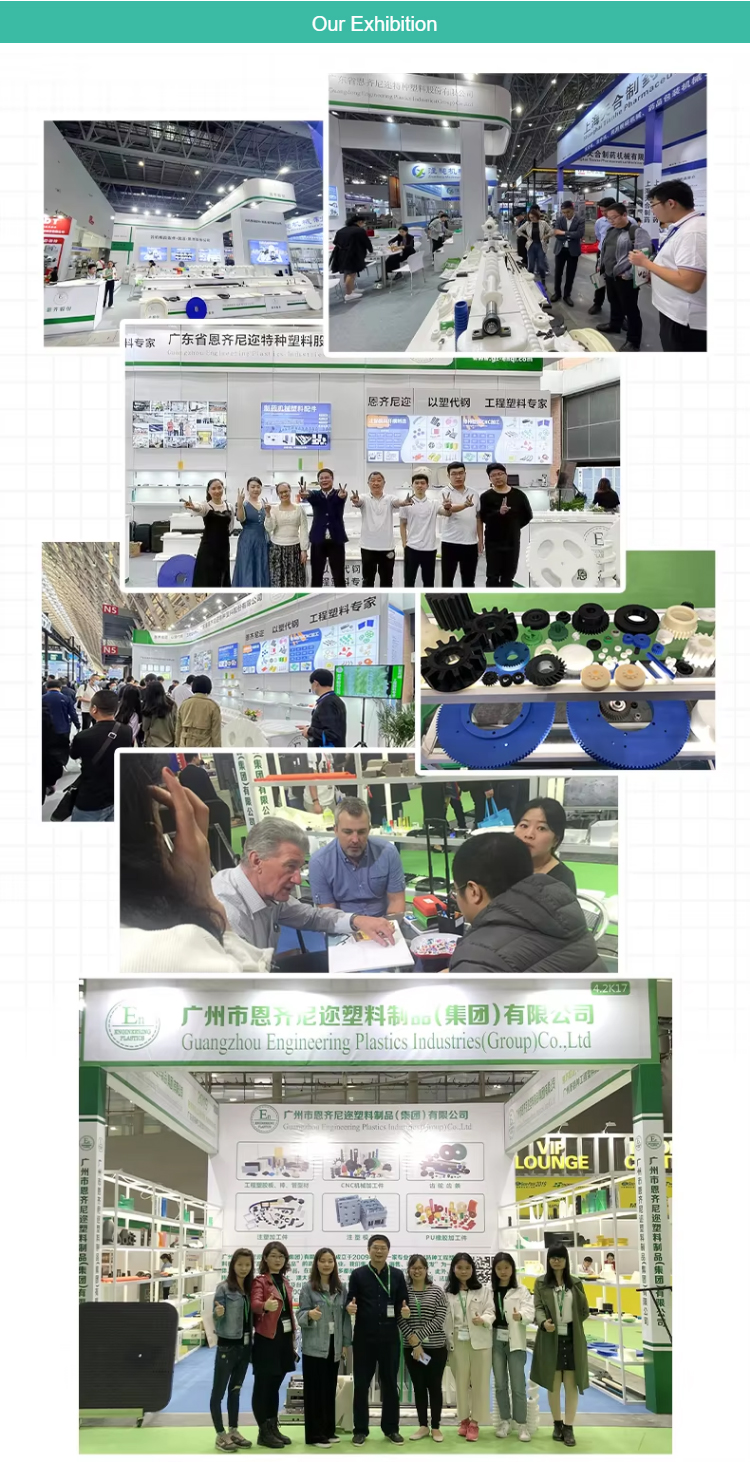
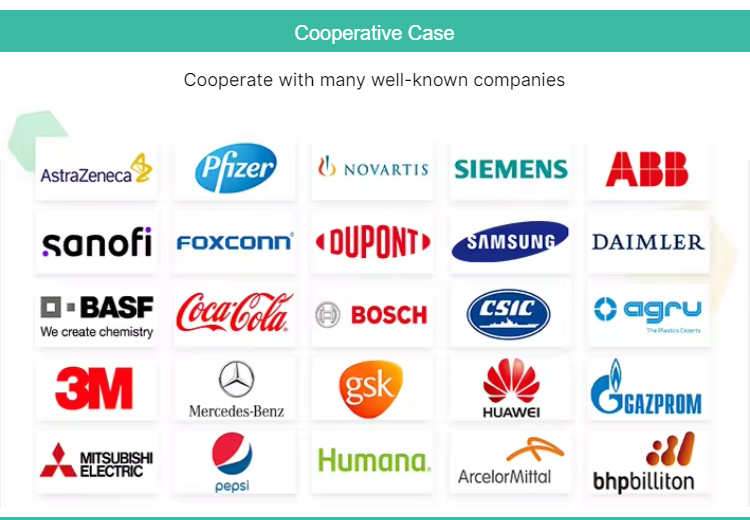
The manufacturing landscape is continuously evolving, driven by the demand for components with higher precision, complex geometries, and superior material properties. Central to this revolution are Cnc Turning Parts, which offer unparalleled accuracy and consistency in production. These components, often meticulously crafted through advanced machining processes, form the backbone of countless applications across diverse industries, from intricate medical devices to robust automotive assemblies.
So, what exactly are Cnc Turning Parts? These are components manufactured using a CNC (Computer Numerical Control) turning process. In this subtractive manufacturing technique, a workpiece, typically a bar of material, is held in a chuck and rotated while a cutting tool is traversed along its surface to remove material and create the desired cylindrical or conical shape. This method is ideal for producing parts with rotational symmetry, such as shafts, pins, rings, bushings, screws, and custom-designed circular elements. The essence of this technology lies in its ability to achieve incredible accuracy, making precision CNC turning a favored method for producing parts where tight tolerances and smooth finishes are critical.
The versatility of Cnc Turning Parts is significantly enhanced by the wide array of materials that can be machined. While metals are common, the use of high-performance engineering plastics has surged, offering unique advantages. Materials such as PEEK (Polyether Ether Ketone), PTFE (Polytetrafluoroethylene), nylon, POM (Polyoxymethylene), and UHMWPE (Ultra-High Molecular Weight Polyethylene) are frequently chosen for their exceptional properties. These engineering plastics provide benefits like excellent wear resistance, inherent self-lubrication, high heat tolerance, chemical stability, and lightweight characteristics. This makes them ideal for applications where metal components might corrode, require excessive lubrication, or add unnecessary weight. For instance, sleek black and brown rings and bushings fashioned from PEEK or PTFE are hallmarks of supreme wear resistance, perfectly suited for demanding, high-pressure environments.
The applications for Cnc Turning Parts are vast and varied, touching nearly every sector of modern industry. In the aerospace sector, their lightweight nature and precision are invaluable for components in aircraft and spacecraft. The automotive industry relies on them for engine components, transmission parts, and custom fittings. Medical devices often incorporate minute, intricately turned plastic parts due to their biocompatibility and ability to be sterilized. Furthermore, these components are crucial in robotics, packaging machinery, and conveyor systems, where modularity and consistent performance are key. Custom plastic bolts and screws, for example, created through CNC turning, offer indispensable anti-corrosion, lightweight, and insulating properties, making them perfect for electrical, underwater, or chemical environments. The scope and utility of industrial CNC turning parts continue to expand as new materials and more complex designs emerge.
The adoption of precision CNC turning for manufacturing plastic components brings a multitude of advantages. Chief among these is the exceptional level of accuracy and repeatability achievable. Automated control ensures that each part is produced to exact specifications, minimizing variations and ensuring consistent quality, which is vital for high-volume production runs. This process allows for the creation of complex geometries that would be difficult or impossible to achieve with manual methods. Features like intricate grooves, tapers, and threads can be machined with ease. The efficiency of CNC turning also leads to faster production cycles and reduced labor costs. Moreover, it facilitates the production of custom designs; engineers can readily translate digital models into physical parts, making it ideal for prototyping and producing specialized components like circular polymer gears engineered for optimal torque delivery or sophisticated plastic bearings and connectors designed to eliminate corrosion and minimize maintenance.
Delving deeper into the kinds of components benefiting from this technology, we see many examples in advanced engineering. Consider custom-shaped alignment blocks and pins, often finished with protective coatings like black anodization for metal variants or crafted directly from high-impact engineering plastics. These are fundamental in setups requiring extreme accuracy, such as in automotive repair, mechanical assembly, or industrial jig and fixture systems. The knurled grips often found on such tools, also achievable through turning and secondary operations, enhance user control. Similarly, small gears and spacers, vital for the seamless operation of machinery, benefit from the consistent dimensions delivered by precision CNC turning. Even color-coded components, ranging from brackets to inserts, which aid in modularity and assembly, can have their core cylindrical features expertly turned before further processing. These parts, including custom plastic rings, robust bushings, and specialized fittings, all underscore the capability of CNC turning to meet strict tolerances and exact specifications for countless industrial and commercial applications.
In conclusion, CNC turning technology, particularly when applied to advanced engineering plastics, represents a significant leap forward in manufacturing capability. It enables the production of highly accurate, durable, and versatile components tailored to the specific demands of diverse industries. From essential industrial CNC turning parts like bearings and bushings, to intricate custom elements for specialized machinery, the benefits of this process are undeniable. As materials science continues to evolve and CNC machining techniques become even more sophisticated, the future for precision CNC turning and the components it produces looks brighter than ever, promising further innovation and enhanced performance in products and systems worldwide.

